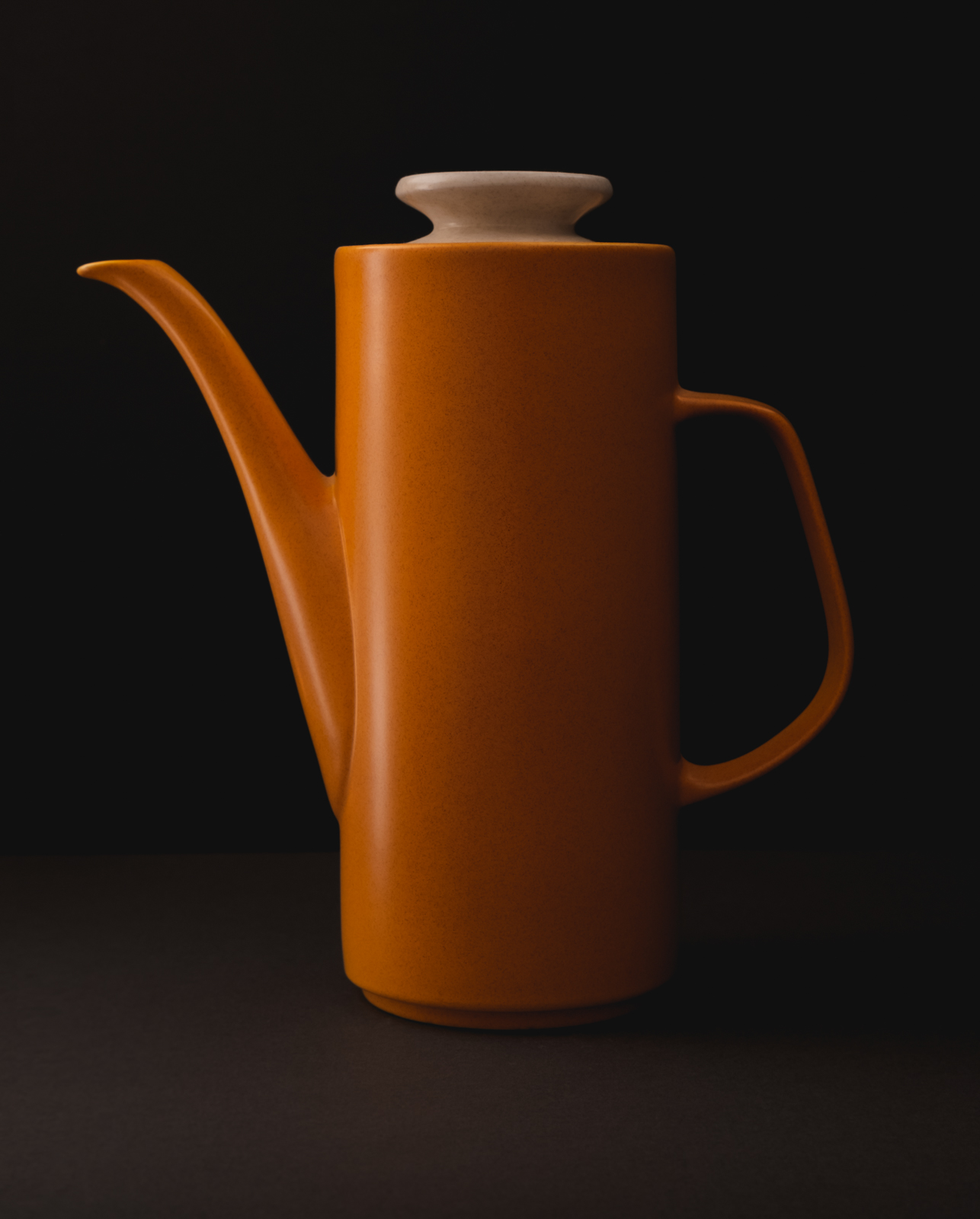As a young child I believed fresh coffee set us apart from our neighbours. We were a cut above, after all, we were among the first to build a porch and not long after that an extension off the back of the house. Mum wanted to better us, and by the mid seventies we were on the up, and the neighbours had noticed.
What I haven’t mentioned is context. Mum and dad were early adopters of Margaret Thatcher’s right-to-buy legislation. We were the proud owners of an ex-council house with a felt roof in a post war new town. It didn’t take much to be posh in Harlow, especially in Pittmans Field.
None-the-less, fresh coffee was our treat, and the beans weren’t from the supermarket. There was a coffee roaster in town from where the heady smell of beans roasting lured Saturday shoppers. The shop was on a street called Little Walk, off Broad Walk, the main shopping street. Looking back I wonder if the street names were placeholders put there by a junior town planner and they stuck when the street naming committee had lost the will to live late one Friday afternoon.
I rescued several coffee pots from my parents’ house. Dad had passed away some years earlier and mum was moving up to Scotland to live with my eldest brother. The example above was made by Meakin pottery of Staffordshire. The iconic Studio range was the canvas for hundreds of designs. Many were gaudy flower prints but some captured the cool essence of the era as demonstrated by this beautiful plain orange example. How that long spout survived is a miracle.
Discovering the coffee pots at the back of a cupboard was like pressing the play button on a recording. The power of mundane objects to trigger such vivid memories amazes me.
Mum and dad liked to entertain and regular Saturday night visitors were my parents’ brass band friends, Charlie & Doreen. Charlie was a scientist at Standard Telephones & Cables, working at the forefront of fibre optic cable development. I remember him explaining how one day information would be transmitted through glass fibre cables using light. I had little comprehension of what that would mean, but it’s probable somewhere on their journey to your screen these words arrived courtesy of his work over 50 years ago. I have no recollection of what Doreen did but she could fill a room with light and laughter, and she was, I think, my mum’s closest friend.
So what about that coffee pot? The ritual of a Saturday night get together was Dad and Charlie sinking some beers and smoking cigars. Mum and Doreen would get progressively more giggly as they polished off a bottle of Scotsmac (a 15%ABV blend of sweet wine and whisky). Mum wasn’t the happiest of people so it was good to see her being led astray by Doreen. The sure sign mum was enjoying herself was when she would start smoking Doreen’s Senior Service cigarettes. To round off the fun, coffee was served and as was the fashion, that meant Irish coffee with another welcome shot of alcohol. Coffee was always served on a tray from a pot. It would mark the end of a fun evening, where I had been allowed to stay up and even enjoy a few shandies. And with the amount of cigars and cigarettes smoked, I had probably inhaled enough secondhand smoke to rank me as a smoker too.
One evening in March 1981, Doreen arrived home from work feeling unwell. Charlie told her to sit down and he would fetch her a cup of tea. When he returned she was dead. I wish in later life I’d had an adult conversation with mum about the loss of her friend. Doreen was special, she understood mum, so I can only imagine what the pain of losing her felt like and how I think it impacted the rest of her life.
I photographed the pot at the start of covid. The dark background was possibly a reaction to the time we were in, but how the image emerges from the darkness feels analogous to the sense of recalling memories. I have a print in the house and seeing it reminds me of good times, but like that spout, it also reminds me life is fragile.
